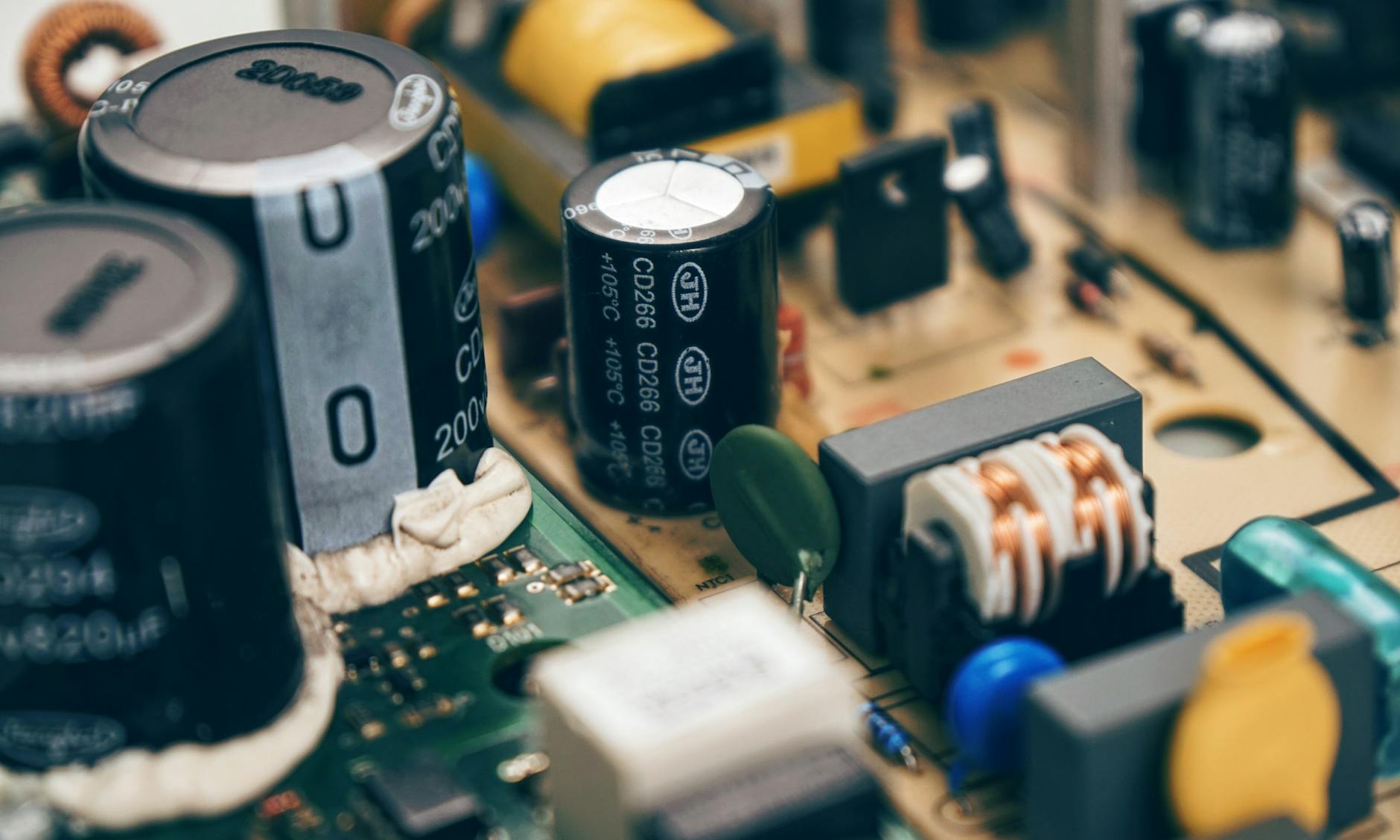How to Integrate Hearing Loops for Better Accessibility in Australia

Hearing Loops and Accessibility
In the realm of museum accessibility, integrating hearing loops is pivotal for enhancing visitor experience, especially for those wearing hearing aids. These systems transform auditory experiences and align with statutory requirements for accessibility. The Brisbane Riverwalk might inspire such creative solutions, mirroring how structures blend utility and engagement.
Benefits for Museum Visitors
Hearing loops significantly enhance audio clarity for visitors, allowing individuals with hearing impairments to enjoy exhibits without the distraction of background noise. This technology promotes inclusivity, allowing everyone to partake in the museum's offerings with equal accessibility. Using hearing loops efficiently enhances visitor confidence and independence, much like how guitars and basses resonate differently in distinct acoustic environments.
Enhancing Visitor Engagement
Engaging visitors means ensuring that everyone experiences the museum fully. By incorporating hearing loops, museums can provide a richer and more inclusive experience. This parallels the precision needed in selecting monitors for video conferencing that encapsulate both visual and auditory clarity, tailored to offer a seamless experience for diverse audiences.
Aligning with Legal Standards
Adhering to accessibility laws is mandatory, making hearing loops an essential facet of compliance. In Australia, legislation mandates public venues to equip themselves with tools that ensure equal experiences for all patrons. This compliance can be likened to the seamless operation of a universal remote, managing multiple elements smoothly and efficiently to meet varied needs.
Integrating Hearing Loops in Exhibits
Assessing Exhibit Needs
Incorporating hearing loops into museum exhibits requires an understanding of both the technical and visitor experience aspects. As a curator or designer, the first step involves a comprehensive assessment of the specific needs of each exhibit. If your space includes elements like interactive displays or audio guides, this review ensures that hearing loops complement rather than clash with existing systems like mesh radios. By evaluating visitor flow, ambient noise levels, and accessibility requirements, you can identify areas where hearing loops will offer the most value.
Placement Strategies
Strategically placing hearing loops is vital in maximizing their effectiveness. Consider typical visitor paths and focal points to ensure even coverage and accessibility. For instance, incorporating them within seating areas or near interactive stations can create an inclusive environment. While working on projects along the Brisbane Riverwalk or within high-traffic venues, leveraging these strategies can optimize both functionality and visitor engagement.
Collaborating with Specialists
Partnering with specialists familiar with pro audio equipment and hearing loop installations is key. These professionals bring valuable insights and practical solutions to the table, which can be crucial when integrating advanced technologies seamlessly into your exhibits. Collaborations ensure alignment with both creative and technical goals, helping to address unique challenges while elevating accessibility. These efforts empower you to deliver an inclusive experience, helping your audience fully engage with the cultural narratives you've curated.
Technical Considerations
System Components
When designing seamless audio experiences in public spaces such as museums, understanding the key components of audio systems is crucial. Integrating technologies like musical equipment into exhibits can enhance visitor engagement by producing captivating soundscapes. The primary components you need to consider include amplifiers, microphones, and speakers, which work together to create clear and immersive audio environments. Additionally, an antenna tracking system can be a game-changer, enabling optimized audio coverage that adapts to visitor movements. This innovation is especially relevant for interactive exhibits which demand high levels of audio precision.
Acoustic Challenges
Acoustic design is fundamental, yet it poses significant challenges, particularly in spaces that were not originally designed for sound installations. For instance, the reverberant surfaces typically found in exhibition halls can create echoing sounds, disrupting the clarity. Installing acoustic panels can mitigate these issues, absorbing excess sound and ensuring the intended audio output is both clear and immersive. Understanding and addressing these acoustic dynamics is akin to creative solutions used in the acoustic installations at Queensland Performing Arts Centre.
Maintenance Practices
Once a system is up and running, maintaining its performance is paramount. Regular checks are essential to ensure all components are functioning optimally and any technical glitches are swiftly addressed. Maintenance protocols should include periodic system updates and hardware inspections to prevent degradation over time. By investing time in maintenance, you preserve the quality of the auditory experience, keeping it consistently high and reliable for visitors.
Ensuring User-Friendly Operations
Staff Training Essentials
The role of well-prepared staff cannot be underestimated when integrating technologies like hearing loop systems into museums. Training should encompass operational knowledge, troubleshooting, and visitor assistance to ensure a seamless experience. Staff should understand how to activate and manage the system, recognise common issues, and provide guidance to guests needing assistance. Familiarity with acoustic panels can also prove beneficial, as these may be part of the museum's sound setup, enhancing overall visitor experience.
Visitor Instruction Guidelines
Clear and concise instructions are imperative for visitors to fully benefit from advancements like hearing loops. Designing accessible, easy-to-understand guides—whether they be in print, digital formats, or interactive displays—can demystify the use of such systems. This is vital for catering to all age groups and abilities, ensuring that everyone from tech-savvy guests to those less familiar with technology feels empowered to explore the exhibits comfortably without any hindrances.
Continuous Feedback Loop
Creating a regular feedback mechanism can refine the integration of new technologies within a museum. Engaging both staff and visitors in providing insights about their experiences with the systems helps me as a designer identify areas needing improvement. Suggestions can lead to innovative solutions that enhance the installation's effectiveness and user-friendliness, fostering an environment where technological enhancements and art coexist harmoniously.
Avoid Mistakes and Enhance Performance
Recognising Acoustic Factors
As we develop soundscapes that equate to visual storytelling, it's crucial to consider the surrounding acoustics. Just as the resonance at the Queensland Performing Arts Centre elevates a performance, failing to address the intrinsic acoustic factors when installing hearing loops can lead to ineffective outcomes. Overlooking sound reflection, absorption, and transmission can result in a loss of clarity for hearing aid users, undermining the visitor experience. In Brisbane, where cutting-edge engineering projects along the Brisbane Riverwalk are constantly innovating, it's beneficial to integrate strategic considerations early in the planning stages. This proactive approach ensures that our aural designs resonate well with diverse audience groups.
Ensuring Comprehensive Staff Training
A well-executed plan falters without competent execution. It's essential for staff to not only be knowledgeable about the technical aspects but also to embody a welcoming demeanor that enhances visitor interactions. Much like large-scale projects at South Bank that require seamless collaboration, investing in comprehensive training programs ensures staff can confidently navigate technical challenges and facilitate visitor engagement with hearing devices. Consistent update sessions can cater to both new information and evolving technologies, fostering an environment of continuous learning.
Prioritising Visitor Feedback
Finally, dismissing visitor feedback tarnishes opportunities for improvement and innovation. Encouraging a two-way communication channel is akin to the interactive installations we've seen triumph in Brisbane's cultural hubs. By prioritising this feedback, we adapt and evolve, aligning closer with the community's needs. Feedback is not just data; it’s a vital component in creating more effective, engaging experiences, empowering us to innovate further in sound environment design.


